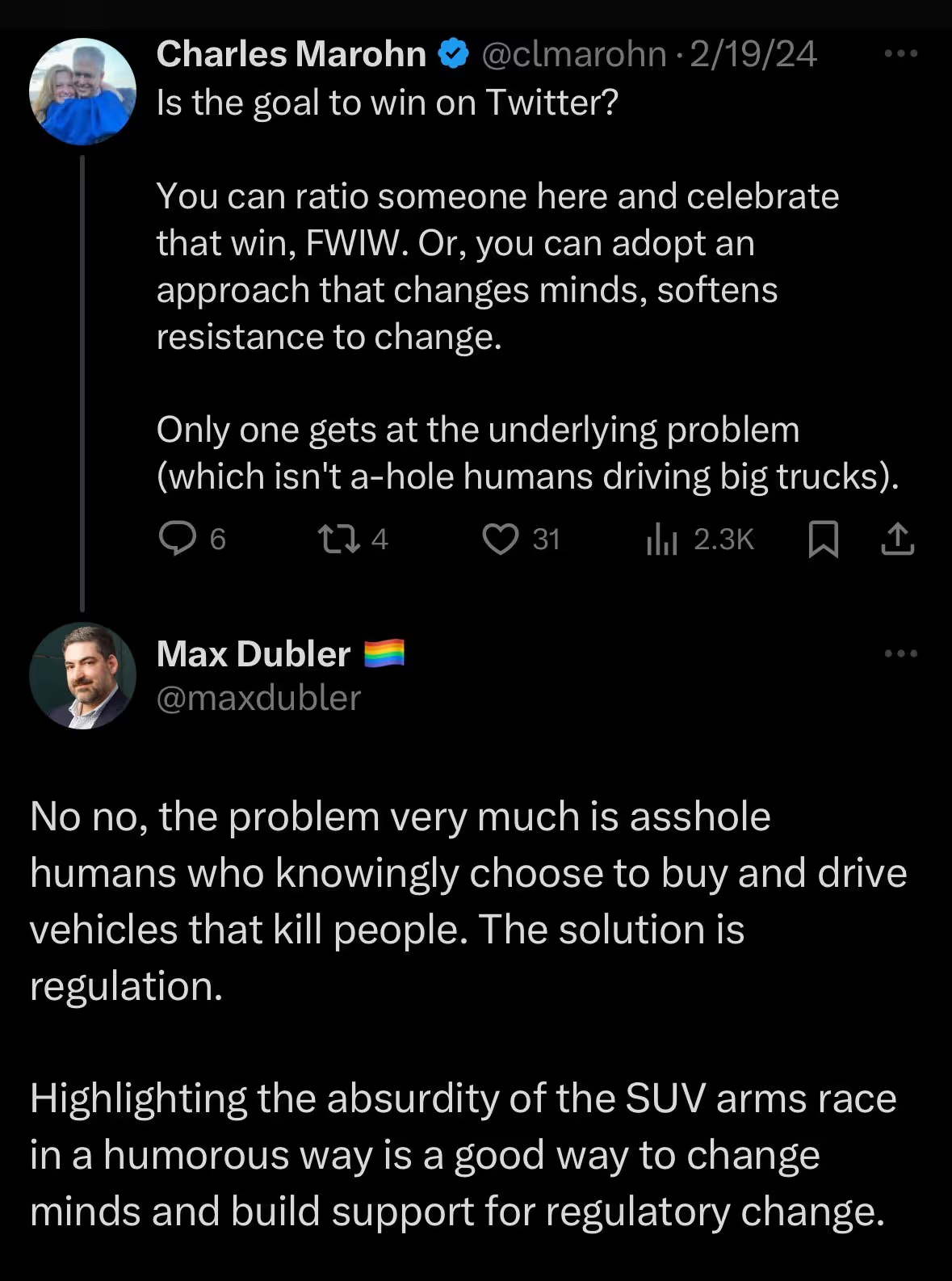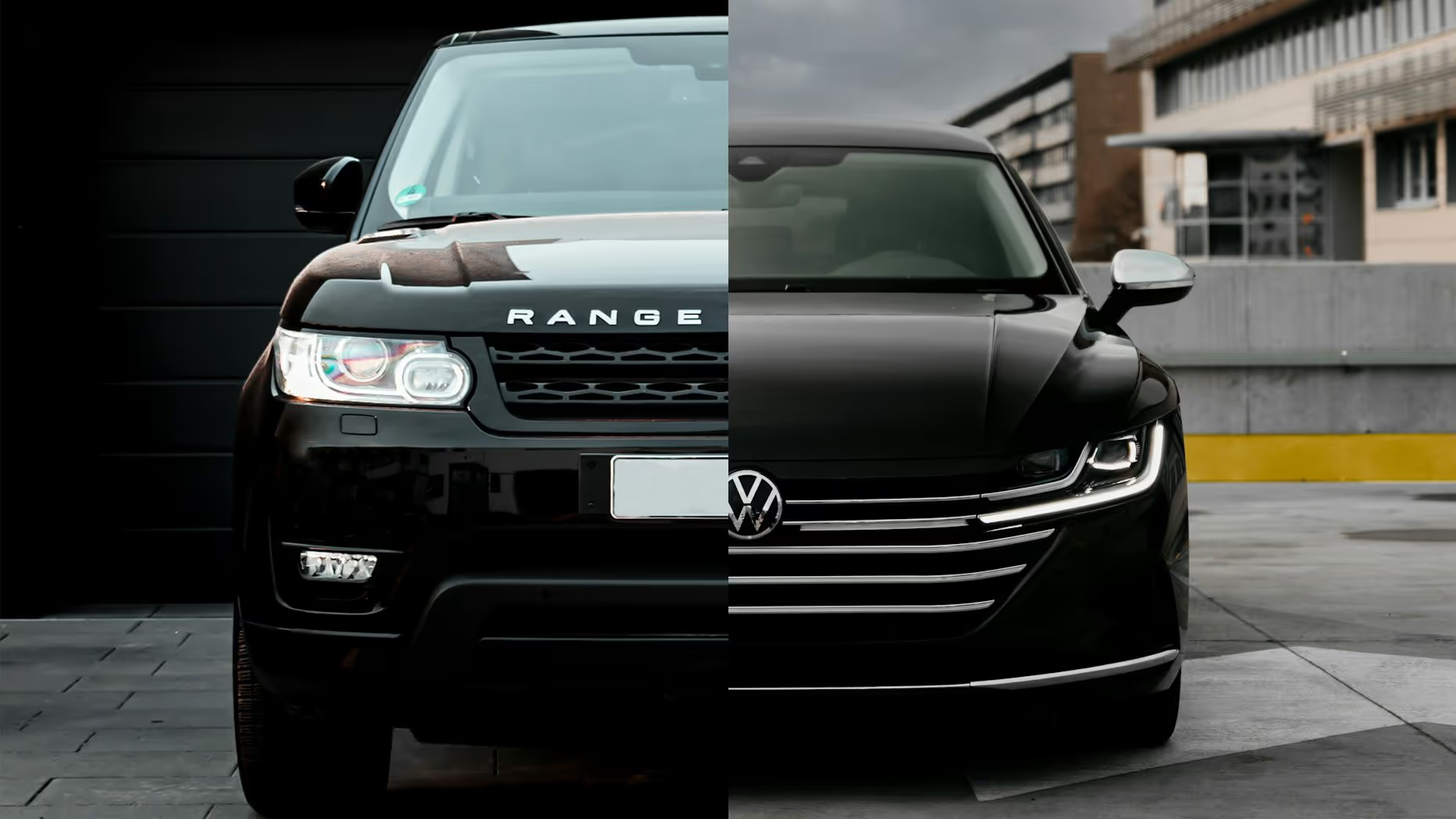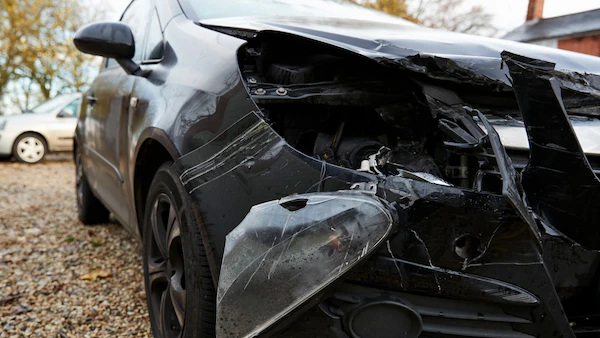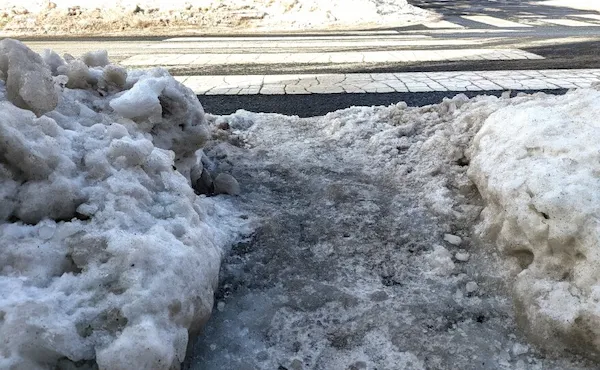My first daughter was born in August 2004. In October, a truck pulled out in front of me and I was unable to stop in time. My little Toyota Echo was totaled. It crumpled like a tin can, even though the force wasn't great enough to set off the airbags. I was the only one in my car.
I researched replacement vehicles and was pondering another Echo. When I shared that information with my wife, she shared some information with me: "If you get another tiny car, you won't ever be taking our kid with you." The message was clear. I bought a Honda Element SUV. (Those of you that read the last chapter of Confessions of a Recovering Engineer know how that turned out just two weeks later.)
SUVs are overwhelmingly the best-selling class of vehicles in the United States with 12.3 new vehicles sold last year alone. Two out of three new vehicles sold last year were SUVs. People buy them for all kinds of reasons, safety being high among them. For full disclosure, I live in Minnesota and have an all-wheel-drive Honda HRV. My wife drives a Honda CRV.
We are, as a certain class of traffic safety advocates assert, asshole humans.

This began with a story that is sadly familiar to many Americans, albeit with some social media hyperbole. A driver loses control of their vehicle, crosses the center lane, and gets into a head-on collision with an oncoming car. That car was driven by a mother with their son also riding along. After some panic, it is discovered that the mother and son survived. Using some working-class logic, the officer at the scene noted that, had they been in a smaller vehicle, they may not have lived.
Tweets 2-3
This observation—don't put your loved ones into a small car because size and weight makes all the difference—is obvious to most everyone who gets behind a wheel. We talk about defensive driving because few of us consider ourselves to be offensive drivers. People die in their cars every day doing things that are very normal and human. The idea of increasing safety with a larger vehicle is as logical to most people as putting on a seat belt or placing your kid in the back seat.
Now enters the transportation planner. If you have read my work for any amount of time, you recognize that I find the incoherence of transportation planners particularly maddening. Does this professional acknowledge their part in creating dangerous roadways? Do they empathize and lament the fact that, by designing auto-dominated environments, their profession has created a situation where people aren't safe on our nation's streets and roads?
Sadly, no, they don't. Instead they use their platform to shame drivers and call, without any irony, for the empowerment of a centralized authority to address the safety implications of this "arms race."

This one really annoyed me. Anyone can be anything on Twitter—except a professional engineer—and so maybe this person isn't a transportation planner. Even so, the self-imposed impotence of transportation officials, and the rush to blame others, is the most pathetic thing about transportation safety in this country. When we finally fix the problem of roadway violence, we are going to need a truth and reconciliation commission.
Many of you can predict what came next because it is so predictable. And as uncharitable and rude as it is, the conclusion that the transportation planner is "fundamentally unserious" is painfully true.

Now we've taken something (street safety) that we all have a stake in, something where the motivations of nearly everyone is the same, and devolved it into another chapter of the culture wars. Us versus them. Caricature your perceived enemy and then humiliate them, all justified by how it rallies your team to righteous action. I just hate this.
Tweets 6-8
Not only does this take an issue that should unite us and turn it into cheap culture war rhetoric, it actually reinforces the belief system of the two out of three Americans who are choosing SUVs. That poster thinks they have dunked on someone. In reality, while nobody is going to go out and buy a crawler, most SUV drivers reading that will have their beliefs affirmed. It’s an arms race and, if I want to be safe, I need a bigger car.
This has to stop. It's not helpful in any way. As someone who is trying desperately to reduce traffic fatalities, I continually find myself looking at so-called traffic safety advocates thinking, with friends like these, who needs enemies?
The circle we can draw for traffic safety is so huge—it includes nearly everyone—that I just don't understand the impulse to draw it smaller. Why a war on drivers? To what end?
Let's go back to the initial post from the man whose wife and son survived the car crash. Imagine instead of attributing their survival to a larger vehicle, they attributed it to wearing seatbelts? Hear me out.
Do not put your wife and kids in a vehicle without their seatbelts. The officer told me they would be dead if they were not belted in. In a crash, you need the protection of a seatbelt.
I can almost guarantee that nobody has a problem with the assertions in the preceding paragraph. Yes, everyone who rides in a vehicle should be belted in. That is responsible behavior; reformers fought that fight decades ago.
Yet, what do seatbelts do for aggressive driving? In his book Risk, John Adams makes the case that, in the same way putting more padding on football players causes them to hit harder, having drivers wear seat belts and be protected by airbags makes their driving more aggressive.
While it is in any single driver's interest to be protected with seatbelts and airbags, is it in the public's interest to have everyone protected in this way? The brilliant transportation planner Ben Hamilton-Bailey (sadly, no longer with us) once made the case to me that seatbelts should deactivate for the driver as soon as they enter an urban area as a way to make them more aware of the risk they transfer to others. He even suggested that a knife come out of the steering wheel, directed at the driver's heart, to make clear what is at stake if they get into a crash.
Some zealous advocates reading that suggestion might find it brilliant. It is a brilliant insight, but Ben recognized, as most everyone reading this also recognizes, that it’s an absurd idea. As a society, we would never make driving more dangerous for the driver as a way to make things safer for those outside of the vehicle.
If you grasp that, you should grasp why making a fight against SUVs part of the culture wars is a dumb, ultimately losing, strategy. Dumb, dumb, super dumb.
What isn't dumb? Let's start with empathy. Everyone in this country has been touched by road violence. Every family has lost someone, or known someone close to them who has lost someone, in an automobile crash.
Every parent has fear that their teenage kids won't make it home alive. Every parent fears putting their baby into the car seat in the back of the car. Everyone with elderly parents fears finding out that they have been involved in some kind of traumatic crash while behind the wheel.
There is so much shared experience to build from. Lean into that—don't do anything to distract from it.
Most people don't recognize how dangerous our streets and roadways are designed to be. They buy into the industry myth that nearly all crashes (94%) are caused by driver error. If you want to dispel a myth, focus on that one. Drive, and there by the grace of God goes you, regardless of how safe of a driver you are.
Everyone wants the street in front of their own home to be safe. Start with that. Here are all the ways your street is designed to kill people. When you show people, they get it—and they get their part in it.
If you're trying to reach people who are concerned about government spending, high taxes, and regulation, talk to them about the bloat in our transportation funding system. Many people like their own pork project but hate everyone else's—help them to understand how much this costs them in higher taxes and lower services. Show them the cost of one extra foot of bloat and then help them see that they have many extra feet.
Are we going to convince everyone? No chance, but I always tell people in the Strong Towns movement: we're not trying to get that guy driving the Hummer to bike to work. We just want him to not actively fight against us. We want him to not bother showing up to the meeting where we fix the street.
And, yes, we want lots and lots of people showing up when we do try and fix that street. We don't accomplish that by calling on our fellow citizens to defer to a government regulatory bureaucracy to save us. How impotent! We do it by showing people how much power they have to fix things, right now, on their own street.
And, as Strong Towns advocates, never do something as dumb as demonizing the 91% of Americans who drive by putting them into the category of "asshole humans." Drawing the circle of empathy as large as possible where you live is the way to build a Strong Town.





.webp)